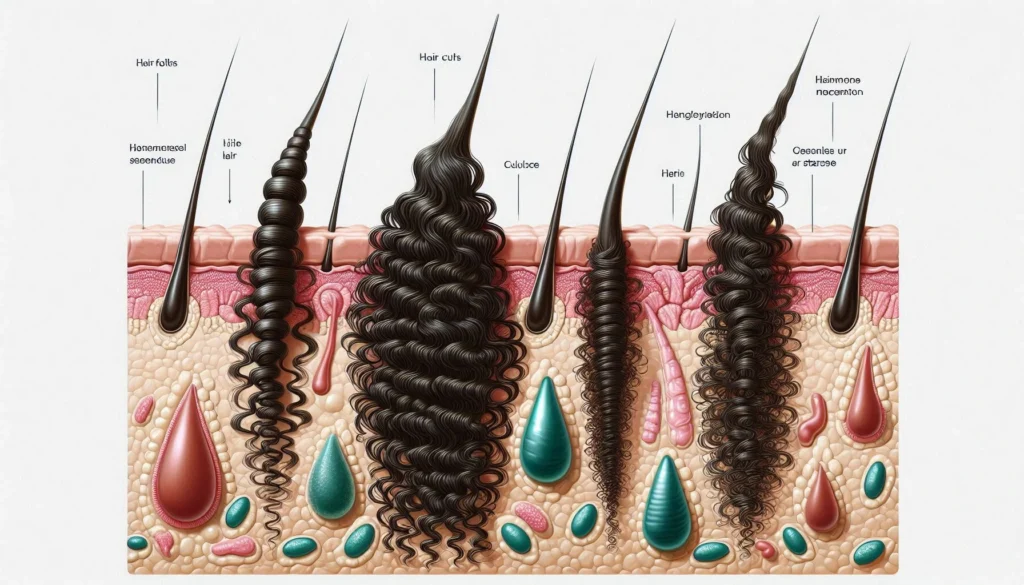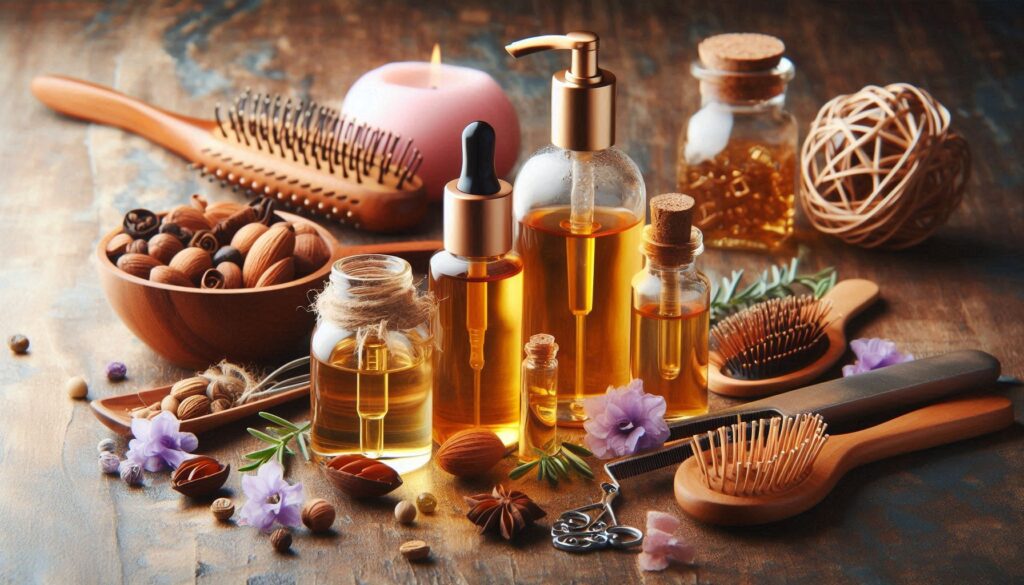For centuries, herbs have been treasured for their ability to strengthen, nourish, and revitalize hair naturally. Before commercial shampoos and chemical treatments, people relied on plants to support healthy growth, soothe scalp issues, and add natural shine. Herbal hair care is gentle, effective, and connects you to traditional wisdom that has stood the test of time.
In this month’s feature, we’ll explore how herbs can improve hair health, how to make simple herbal rinses and oils, and a few tried-and-true remedies you can use at home for stronger, more radiant hair.
What are Herbal Hair Treatments?
Herbal hair treatments use infusions, rinses, and oils made from natural plants to cleanse, condition, and nourish both hair and scalp. Unlike chemical-based products, herbal remedies feed hair with vitamins, minerals, and antioxidants without stripping away natural oils. Regular use helps strengthen strands, improve texture, and support long-term hair vitality.
Basic Herbal Hair Rinse Method:
- Add 2–3 tablespoons of dried herbs (or a handful of fresh herbs) to a heatproof jar.
- Pour 2–3 cups of boiling water over the herbs.
- Cover and let steep for 30 minutes to 2 hours.
- Strain, let cool, and pour over freshly washed hair as a final rinse. Leave in or lightly rinse out with cool water.
Herbal Remedies for Hair Health
Rosemary for Growth and Strength
- Infusion: Steep dried rosemary leaves for 30–60 minutes.
- Use: Pour over scalp to stimulate circulation, strengthen roots, and support healthy growth.
Hibiscus for Shine and Thickness
- Infusion: Steep hibiscus petals or powder in hot water for 20–30 minutes.
- Use: Adds luster, softens strands, and may help reduce hair shedding.
Aloe Vera for Hydration and Scalp Health
- Infusion: Mix aloe gel with warm water or infuse fresh aloe leaf in hot water.
- Use: Soothes irritation, hydrates dry scalp, and conditions hair naturally.
Horsetail for Mineral Support
- Infusion: Long steep (2–4 hours) of dried horsetail herb.
- Use: Strengthens brittle hair thanks to its high silica and mineral content.
Fenugreek for Hair Fall Prevention
- Infusion: Soak fenugreek seeds overnight, then warm gently before use.
- Use: Strengthens roots, reduces breakage, and supports thicker hair growth.
Tips for Using Herbal Hair Remedies
Start with one herb at a time to see how your hair responds. Always strain herbal rinses well to avoid residue in your hair. Use organic or pesticide-free herbs for the best results. Store any leftover rinse in the fridge and use within two days to keep it fresh. For deeper nourishment, combine an herbal rinse with a warm oil scalp massage once a week.
Why Choose Herbal Hair Care?
Herbal remedies offer a natural, holistic approach to hair health. They nourish hair from root to tip, strengthen strands without harsh chemicals, and restore shine and softness over time. Using herbs as part of your routine also connects you to centuries of traditional self-care practices that honor both beauty and well-being.
Final Thoughts
Nature provides everything we need for strong, healthy hair. By incorporating herbal rinses and oils into your routine, you can support growth, enhance shine, and bring your hair back to balance without the use of synthetic products. A few simple herbs, a little warm water, and a moment of self-care are all it takes to revive your hair naturally.


